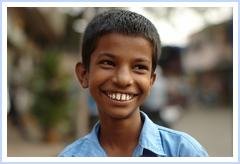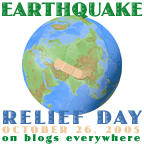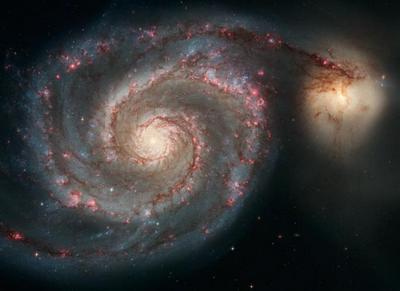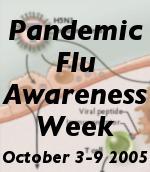From Rabbi Marc Gafni of Bayit Chadash("A new home for ancient souls"), in the Dec-Feb issue of What is Enlightenment? magazine:
"...The Zohar says that we are God's name--we're God's verbs, we're God's adjectives, we're even God's dangling modifiers. We're the language of the divine in the world, and in that way, we become the voice of the meshiach--the messiah. Anything less than the realization of that is called, in the inner mystical tradition, heresy. The core liberation teaching of Kabbalah is that to be a heretic is to believe that God does not need me, that I am not required to participate in the evolution of God. But enlightenment means we participate in divinity; we don't just submit to it by responding to the evil and suffering in the world with a traditional theology or a theodicy.The ultimate response to the suffering of the world is, like that of the Hebrew mystic, to cry in protest and to let that protest translate into action. I call this nondual humanism, which means that I participate in God's evolving self, now.
As the great nineteenth-century Hasidic master Nachman of Bratzlav implied, the most important thing in the world is to be willing to give up who you are for who you might become. He calls this process the giving up of pnini, which literally means "what is within." For Nachman, that means the old, familiar thing that comforts even when it no longer serves--and that can include our spirituality and religion, and even the very core way we understand our relationship to the divine ground of being..."









